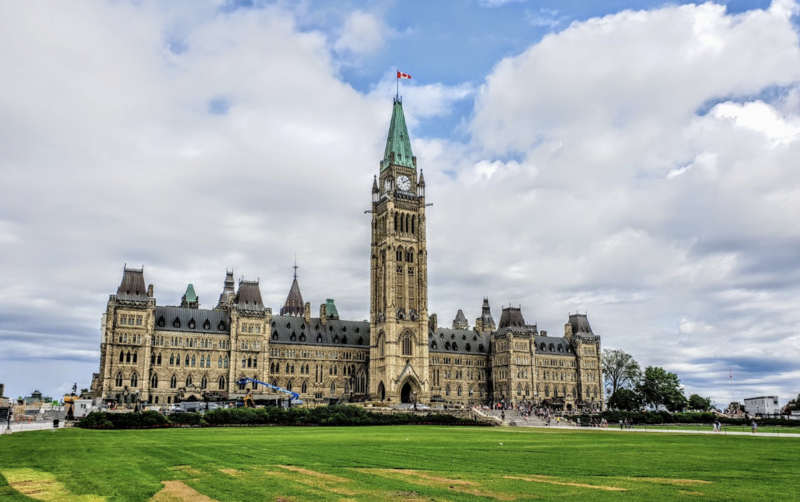Canada’s historic spy trial wasn’t quite as exciting as a James Bond movie — it featured zero cool cars or giant lasers — but it was an important test for the judicial system.
What happened: Cameron Ortis, the former director general of the RCMP’s intelligence unit, was found guilty on all six charges related to leaking state secrets brought against him.




.gif)

.gif)


